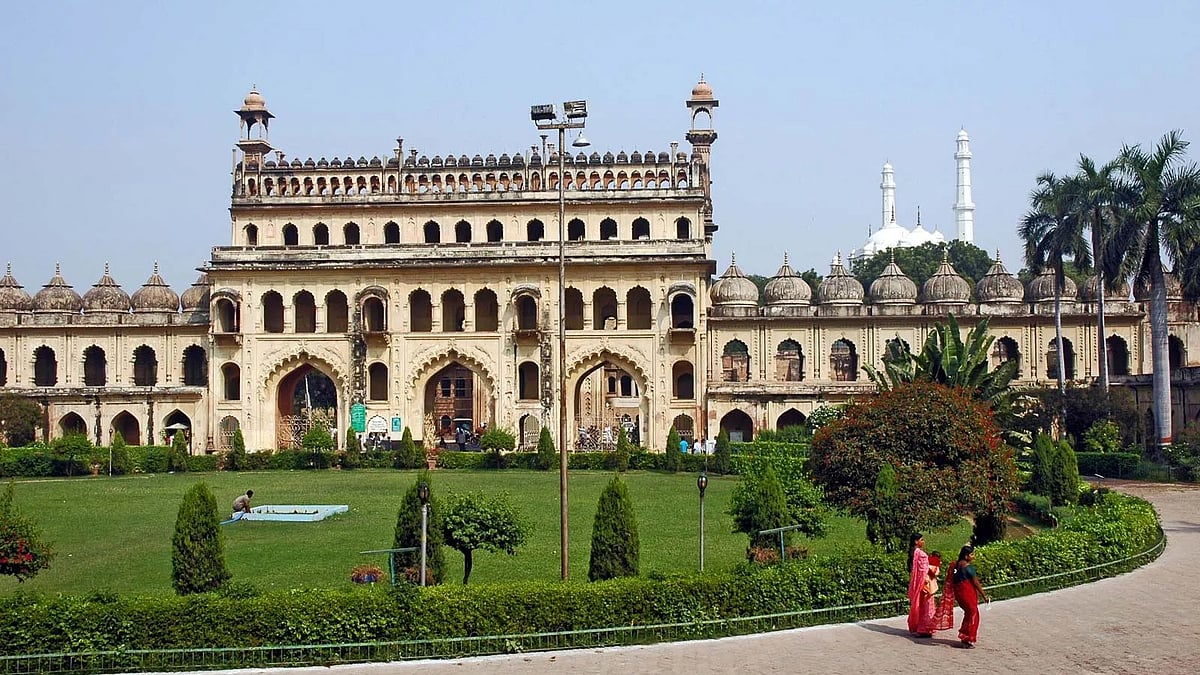Uttar Pradesh has made significant strides in urban sanitation, as reflected in the Swachh Survekshan 2024 rankings, with a notable improvement over last year’s performance. For the first time, the state capital Lucknow has been awarded the prestigious 7-Star Garbage-Free City certification, signalling a major leap in cleanliness and waste management.
The number of Garbage-Free Cities (GFCs) in Uttar Pradesh has increased from 65 in 2023 to 83 in 2024. The number of cities certified as ODF ++ (Open Defecation Free Plus Plus) has jumped from 129 to 337. The Water+ a category, which recognizes cities for efficient water reuse and conservation, has grown from just two cities — Prayagraj and Noida — in 2023 to 16 in 2024, including Noida once again.
The quality of GFC certifications has also improved. In 2023, there were no 7-Star cities in Uttar Pradesh. In 2024, Lucknow has secured that top rank. The number of 5-Star cities has risen from just one to six, with Agra, Gorakhpur, Kanpur, Ghaziabad, Prayagraj, and Noida receiving the honour. There are now six 3-Star cities — Ayodhya, Firozabad, Jhansi, Mathura, Moradabad, and Varanasi — while the number of 1-Star cities has increased from 56 to 70.
State Mission Director of Swachh Bharat Mission (Urban), Anuj Jha, attributed the improvement to strong institutional mechanisms, public participation, and dedicated efforts by municipal staff. “This success belongs to every sanitation worker, municipal officer, and citizen who took ownership of their city’s cleanliness. Uttar Pradesh has shown that with the right leadership, accountability, and public participation, transformation is not just possible—it is inevitable,” he said.
Jha said Uttar Pradesh's performance in Swachh Survekshan 2024 has surpassed several traditionally better-ranked states. “Uttar Pradesh has shown improvement far more significant than many states, including Maharashtra, Tamil Nadu, and Gujarat. The scale and speed of transformation in our cities reflect the seriousness with which urban cleanliness has been pursued at every level,” he said.
Among million-plus population cities, Lucknow was ranked in the Top 3 nationwide, while Agra secured a place in the Top 10. Ghaziabad, Prayagraj, Kanpur, and Varanasi also made it to the Top 20, showcasing the growing sanitation efforts in large urban centres.
Cities with a population between three to ten lakh also posted encouraging results. Gorakhpur was ranked in the Top 5 nationally in its category, with Moradabad in the Top 10. Saharanpur, Firozabad, Mathura, Jhansi, and Bareilly were among the Top 20 in this group.
However, the performance of smaller urban local bodies (ULBs) remained weak. In the 50,000 to three lakh population category, only Bijnor (ranked 29) and Modinagar (ranked 34) featured in the Top 50. In the 20,000 to 50,000 category, Anupshehar was ranked 13th and Sidhauli also found a place in the Top 30. No city from Uttar Pradesh made it to the Top 100 in the below-20,000 population category.
Acknowledging the gap in performance among smaller towns, Anuj Jha said, “While our large and mid-sized cities are showing impressive results, we recognize that smaller towns need focused handholding, infrastructure investment, and capacity building. That is where our next mission effort will be concentrated.”
With Lucknow’s 7-star certification setting the pace, Uttar Pradesh is preparing to scale up its sanitation drive, ensuring that smaller towns also rise in the national cleanliness rankings in the years to come.










